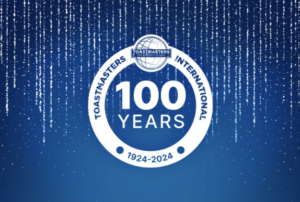The United Kingdom announced this week its Fizz-Free February campaign which coincides with research that shows a 70 percent rise in the number of teenagers with diabetes over the last four years. The campaign is targeted at young adults and children and aims to break the habitual consumption of drinks with added sugar, which does lead to obesity, diabetes and tooth decay. What about on this side of the planet?
Actually, a newly released report from Statistics Canada, which compares Canadians’ sugar intake from 2004 to 2015, found that intake for Canadians has decreased overall, but sugar intake from solid food sources has increased. While sugar intake from sugary drinks went down, they remained the top source of sugar for all Canadians.
“The increase in food is not as large as the decrease in beverages so that’s why, overall, we had a decrease,” Didier Garriguet, a researcher at Statistics Canada, said in a press release. The study reported that in 2015 the average daily total sugar intake among children aged one to eight was 101 grams (or 24 teaspoons), down three grams from 2014. Children aged nine to 18 consumed 115 grams (or 27 teaspoons) of sugar in 2015 compared to 128 grams in 2004.
Canadians aged 19 or older consumed 85 grams (20 teaspoons) of sugar daily, down from 93 grams in 2004. Similar to younger Canadians, one-third of the sugar tracked in 2015 came from drinks. Some suggest it’s because people are turning to diet drinks? Could be?
Consumption of diet soda has skyrocketed over the past few decades. In 1965, only three percent of people were drinking diet soda, fair enough given that diet soda is not what it is today. By 2013, it was about 20 percent.
Sara Bleich, PhD, associate professor at Bloomberg School’s Department of Health Policy and Management, said in a 2014 statement, that, “Although overweight and obese adults who drink diet soda eat a comparable number of total calories as heavier adults who drink sugary beverages, they consume significantly more calories from solid food at both meals and snacks.”
Other research has even pointed to artificial sweeteners disrupting the brain’s sensors and feelings of satisfaction.
Want does one do? I’m challenging us all to a sugar-free, diet-drink free month starting…now.
Go. For. It.
 Richard Tardif is an award-winning investigative health journalist, speaker, author based in Montreal
Richard Tardif is an award-winning investigative health journalist, speaker, author based in Montreal






